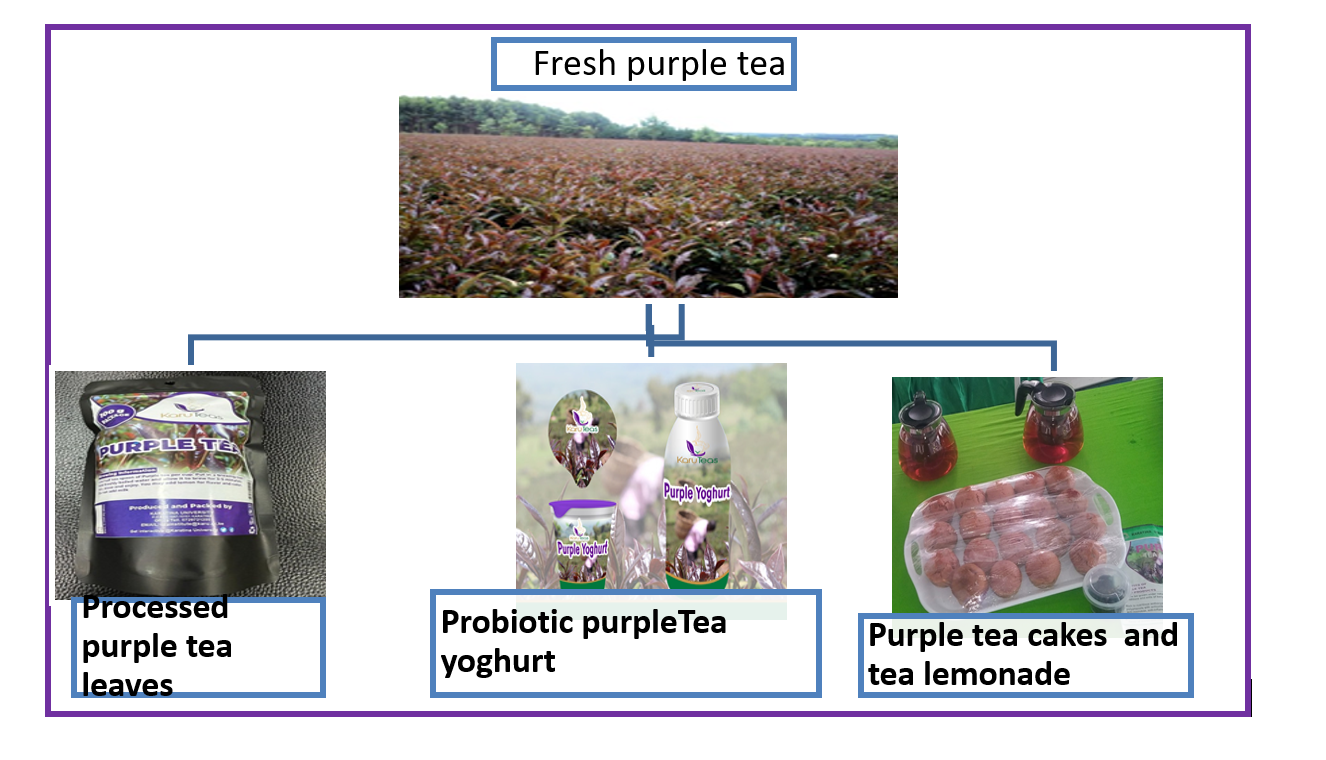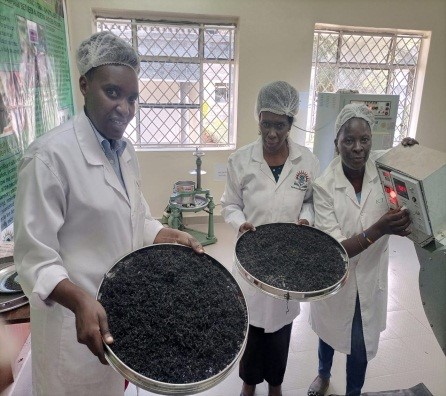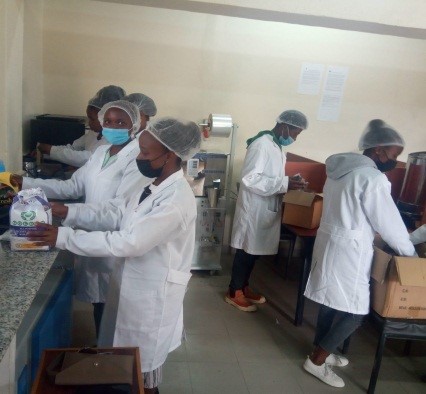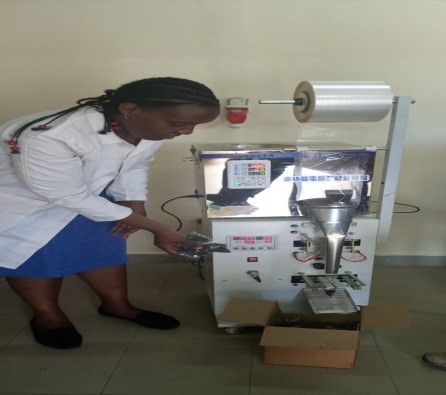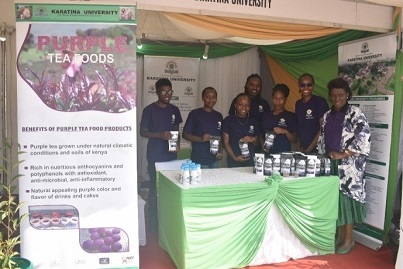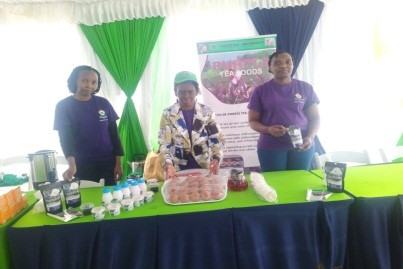Tea, the second most globally consumed beverage after water, contributes significantly to Kenya’s Gross Domestic Product (GDP). However, these earnings are very low compared to other tea producing nations because of Kenya’s poor tea drinking culture, low economic returns and price fluctuations of the ordinary Crush, Tear and Curl (CTC) black tea. The sale of black tea is globally declining while the specialty teas (Green, yellow, white etc) keep on rising. This may probably be due to the increasing food consumer awareness of health benefits of specialty teas that are mildly processed, retaining the nutritious polyphenols un-oxidized. These teas also have minimal negative climate change effects through greenhouse gas emissions and deforestation by generating energy from wood during black CTC tea production. The Kenya Government’s proposed strategy for revitalization of the tea industry is by promotion of value added tea products to competitive commercial products instead of selling the processed tea in bulk through auction.
Purple-leaf tea cultivar (TRFK 306), which was cloned and released in Kenya in 2011, has not yet received economic value like other specialized teas and the healthy appealing purple color anthocyanin. In addition, it’s processing technology of steaming or panning does not require the high oxidation (fermentation) energy process which degrades the nutritious tea ingredients. It also uses affordable low processing technology. The leaves can be reused even up to three times in brewing tea and their liquor or extracts used in fortification of other foods and drinks.
Karatina University’s Tea Institute was financed by the National Research Fund to conduct a study focusing on formulation of purple tea foods. The products that have been developed so far include spiced tea lemonades, probiotic tea yoghurt and purple tea cakes. These products are not only very nutritious but have received very high consumer rating scores based on their sensory profile of taste, color & aroma as well as their health benefits of obesity control, mental alertness, antiviral, anti-inflammatory and antioxidant free radicles scavenging activity that destroy cancerous cells. Other products that are currently under research include a sports purple tea drink made from natural food ingredients, fruity fermented tea beverages and iced tea drinks that are very attractive to the youth.


